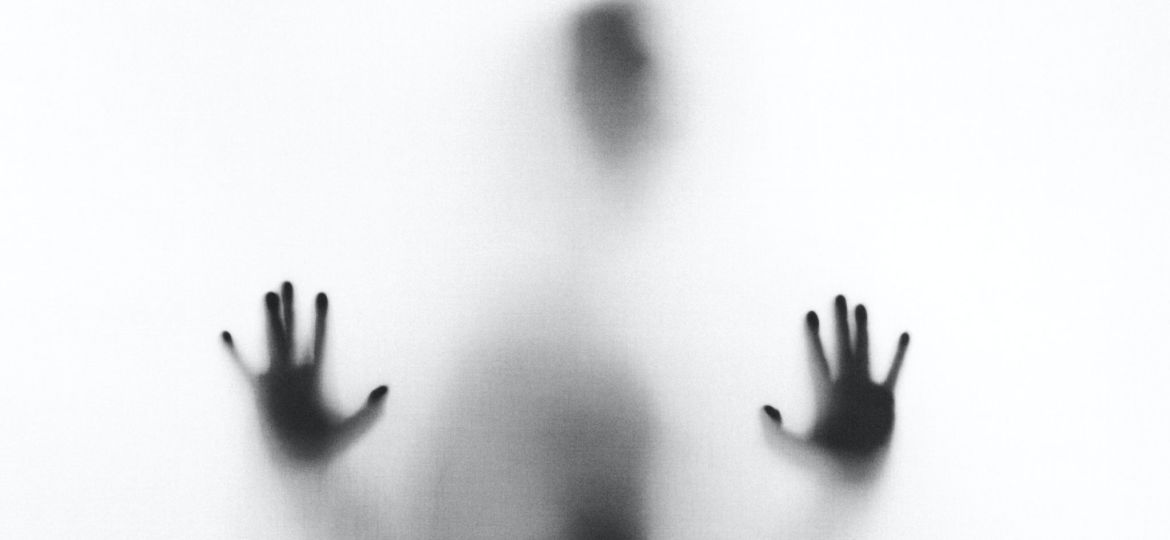
The difference between shame and guilt is an important one. A key part of the coaching process involves reflecting on past events to uncover our interpretations about them. When the event is deeply impactful in a negative way, it can easily represent how we see ourselves. I see this most often in the story of I am – fill in the blank. That could be ‘a bad person’, ‘not good enough’, unreliable, untrustworthy, etc.
We Put Ourselves in a Box
When we define ourselves this way, we put ourselves in a box and it limits what is available to us. A common story is nobody will hire me when they hear about this. To counter this they shy away from the situation and it becomes a reality. Nobody hires them because they don’t apply for new jobs or they only seek out jobs below their current level. They hold themselves back.
Understanding the Difference Between Shame and Guilt
Getting past this involves understanding the difference between shame and guilt. Brene Brown, the shame researcher, does a fabulous job of defining each in her book Daring Greatly, which I highly recommend. I feel shame when I believe I am a bad person. In contrast, I feel guilt when I did a bad thing. This is an important difference. If I believe I am a bad person, everything I do will be tainted by this story. It becomes a heavy limiter that holds us back. If we recognize we did a bad thing, but we are not bad, we can learn and grow.
Compounding this, some people feel shame when things don’t turn out well. In this situation they may not have even done anything wrong. Not all good decisions work out well and some outcomes are outside of our control. If we can recognize this fact, we can remove the burden and get on with life. If we aren’t willing to take a risk and be willing to fail, our lives will be much poorer. That’s not how I want to live my life.
What are you hanging on to that defines who you are and who you aren’t? Is it time to move on?

